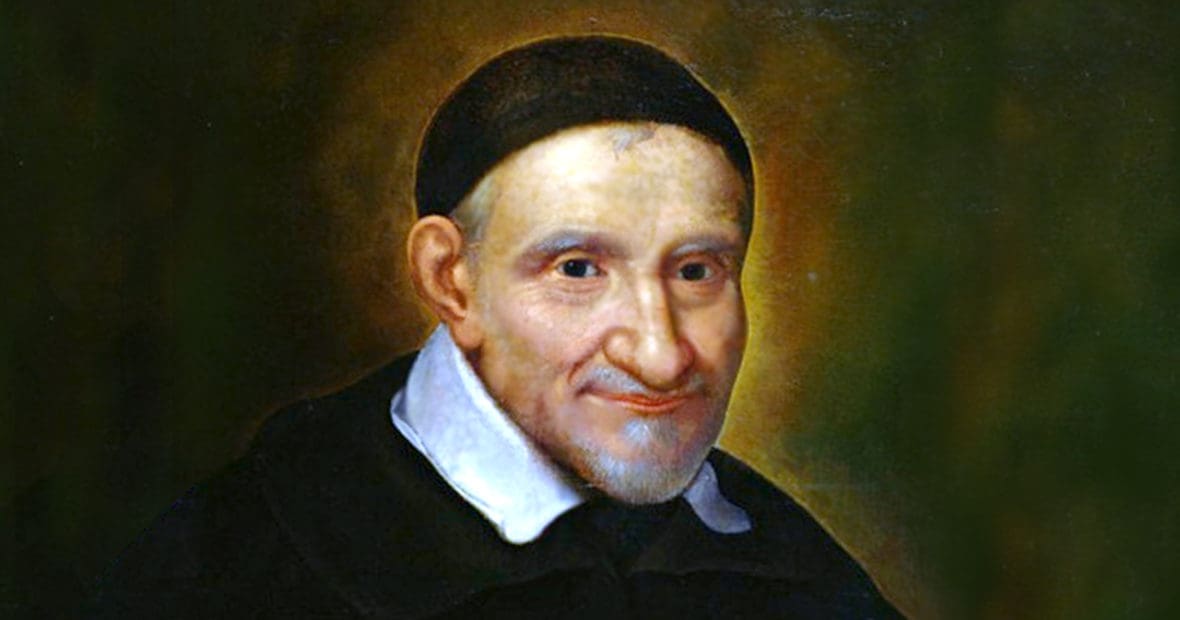
Today we commemorate St Vincent’s Feast Day with all Vincentians, a day to pray, reflect and celebrate. In the FHA, we cannot forget that as we mark St Vincent’s day, yesterday was also the World Day of Migrants and Refugees. In the FHA we work daily to weave together our Charism and heritage into our work with refugees, internally displaced people and survivors of human trafficking, something that has not changed even though we have been forced to postpone our conference.
In this year’s message for the World Day of Migrants and Refugees, Pope Francis called upon Catholics to work towards an even wider “we”, to “[build] together a future of justice and peace and [to ensure] that no one is left behind”. He also called upon the Church “to go out into the streets of every existential periphery in order to heal wounds and to seek out the straying, without prejudice or fear, without proselytising, but ready to widen her tent to embrace everyone. Among those dwelling in those existential peripheries, we find many migrants and refugees, displaced persons and victims of trafficking, to whom the Lord wants his love to be manifested and his salvation preached.”

These words could not resonate more with Vincentians, as we have been doing exactly what Pope Francis says since the time of Vincent himself. From 1639 to 1649, Vincent organised campaigns for the relief of those suffering from war, plague, and famine. This will sound familiar to Vincentians working with refugees nowadays. Collaboration was key from day one, like when the Ladies of Charity (now AIC, the first Vincentian branch) raised the funds that enabled Vincent to carry out his mission.
The same spirit can be found in the many Vincentian projects working with refugees around the world. Early this year, the St Vincent de Paul Village opened its doors in Peru with a strong focus on Venezuelan refugees. The Congregation of the Mission, the SSVP, AIC and VMY are working together to do their bit in alleviating one of the worst migration crises in the world. Vincentians are usually found where the problem is more severe. In the South of Spain, one of the European borders with Africa, the Daughters of Charity work with women survivors of human trafficking, helping them to escape those networks and start a new life. Vincentians are also adapting to new challenges. In New Zealand, a 13 Houses project works with climate refugees from Kiribati, a problem that will get worse in the coming years in more countries.
Over the next three years, as our focus shifts towards refugees and slum dwellers, we will go even further into those “existential peripheries” Pope Francis talked about in his message, striving to create that even wider “we” that leaves no one behind. We look ahead but remain deeply rooted in our Vincentian Charism, keeping in mind St Vincent’s words: “There is no act of charity that is not accompanied by justice”.
0 Comments